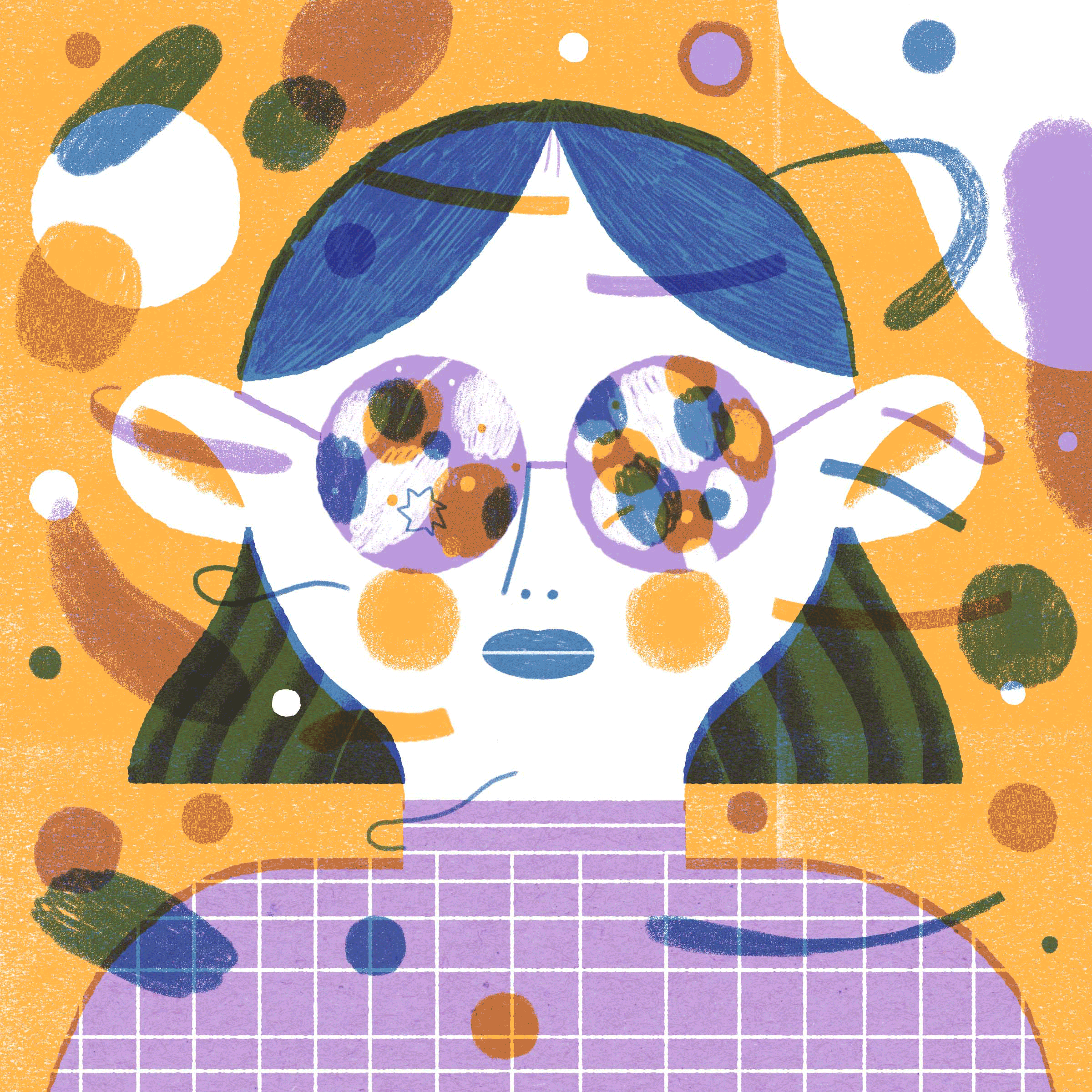Member-only story
The Nuance
The ‘Nocebo Effect’ May Be Even Stronger Than Placebo
Belief is a powerful drug

“Help me. I took all my pills.”
According to a 2007 case report in the journal General Hospital Psychiatry, those were the words a 26-year-old man spoke to a hospital’s emergency department staff just before collapsing. An empty pill bottle skittered from one of his hands.
Nurses checked the man’s vitals; while his heart was racing, his blood pressure was dangerously low. The man was barely conscious. He was pale and sweaty. He said he’d swallowed all 29 of his antidepressant pills after having a fight with his girlfriend.
He received saline infusions, which over the next four hours mildly improved his blood pressure and heart rate. Meanwhile, his doctors examined his pill bottle, which confirmed that he was taking drugs as part of an experimental trial for a new antidepressant drug. They called the physicians running the trial, and one of them soon arrived at the hospital. The physician let the man know he had received a placebo, not the active antidepressant drug. The pills he swallowed were shams. Within 15 minutes, the man was fully alert and overcome with relief. His heart rate and blood pressure had returned to normal.
Most people know about the placebo effect, which refers to the power of positive expectations to induce pleasant sensations or symptom improvements. (Placebo roughly translates to “I shall please.”) The placebo effect is well studied, and its benefits are often significant. To gain FDA approval, a new drug often has to beat out a placebo in clinical trials, which is a high bar to hurdle.
Nocebo translates to “I shall harm.” The nocebo effect is “the opposite side of the placebo coin,” says Vitaly Napadow, an associate professor at Harvard Medical School and director of the Center for Integrative Pain NeuroImaging at Massachusetts General Hospital. “In the same way the brain’s circuitry can downregulate pain or the severity of other aversive sensations — that’s the placebo effect — the brain can also upregulate these sensations, and that’s nocebo effect,” he explains.
While the placebo effect has traditionally enjoyed greater public recognition and medical interest, Napadow…

